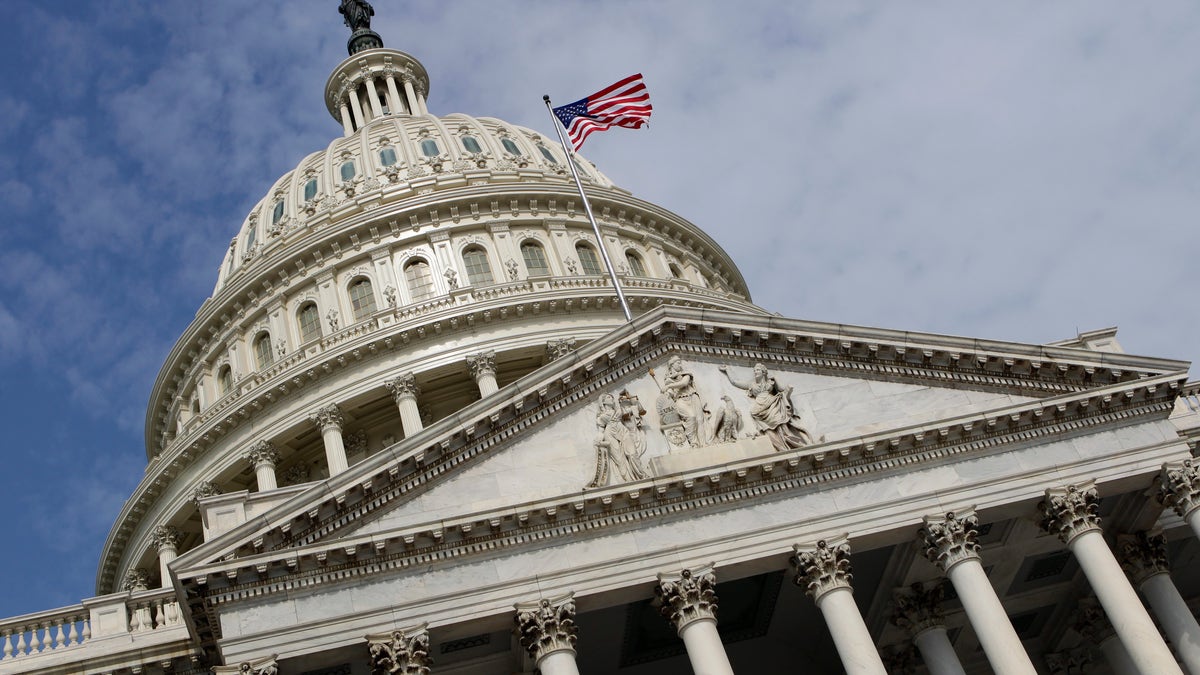
FILE --The Capitol dome on Capitol Hill in Washington. (AP)
So, you’d like to see more accountability in government. Many people are asking why more people don’t get fired when things go wrong. Doesn’t private business regularly fire people when mistakes are made?
I have some bad news for you; mistakes are part of every organization and part of leadership. I’ve made more mistakes than I can count.
As a leader, my first instinct is often not to fire people when there’s a mistake. Instead, I want to understand why the mistake happened, what lessons can be learned, and figure out whether the person who made the mistake can learn from it and is still equipped to do the job.
[pullquote]
It’s not that there aren’t consequences for mistakes -- the person who made the mistake may make less money that year and/or may lose out on a promotion. But, if they’re competent and have a strong record of success, they deserve to have a chance to stay in the saddle.
This is particularly true if they demonstrate that they’ve learned from the mistake and improved their leadership.
Leadership is about learning. Leaders want to create an environment where people have a chance to make honest errors, learn lessons and improve.
It is also the role of leadership to get talented people to take brutally hard assignments where the chances of failure and the degree of difficulty are higher.
Having said all this, there are certain types of mistakes or patterns of behavior that challenge a leader to take swift and direct action and by that I mean termination.
1. Unethical behavior or other behavior which goes against the values and boundaries of the organization. A willful action that is not an honest mistake but a deliberate action that reflects lax ethics or moral values. In these cases, leaders must take action to send a signal that this type of behavior is unacceptable and will not be tolerated. Again, this is different from a person trying his or her best but failing to produce acceptable results.
2. A pattern of poor results. In certain cases, some people make recurring mistakes which suggest they are not equipped to do the job and are not learning from setbacks. In those cases, leadership has to act in order to improve the quality of the work being done and, over time, the results. Again, this is a pattern versus one or two incidents.
So, what’s the point of writing this piece? I actually think we are pretty darn tough on public leaders.
I am not a fan of many things I see from the government however most appointed government officials I know (on both sides of the aisle) are highly talented people of high integrity.
They usually have a history of success and often have made substantial sacrifices (monetary and otherwise) to step up to challenging leadership positions.
It is easy to criticize these people and, given the degree of difficulty and public glare, it is easy for these people to make mistakes which are highly visible.
When they do screw up, they are normally subjected to intense public scrutiny, withering criticism, second-guessing and general scorn -- often much tougher than you would face in a private enterprise (particularly the public scorn part).
I would love to see high quality people continue to join the government and run for office. The future of the nation depends on superb talent stepping up to brutally difficult assignments.
Yes, business leaders do fire people who make mistakes but, more often than not, they use mistakes as a basis to learn and improve.
In great businesses, pointing fingers and scapegoating normally isn’t culturally acceptable -- even though there is absolutely accountability in the form of review processes, compensation, promotion decisions and, yes, termination when appropriate.
If anything I would love to see the government get better at coaching, standing behind competent leaders who make honest mistakes, and generally counting to ten before looking for heads to roll.
In that way, government might move closer to best business practice in terms of accountability.
